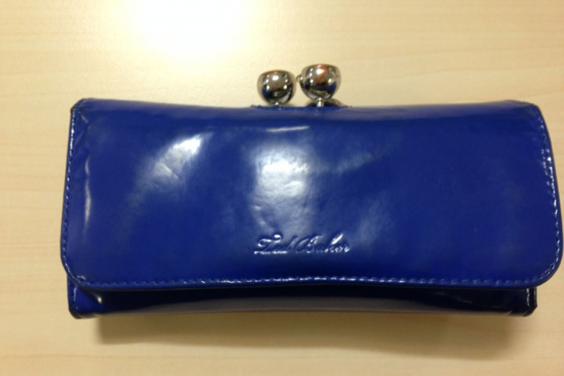The European Union is again on the Ukrainian government’s side, condemning the “continued efforts by pro-Russian separatists to destabilise Eastern and Southern Ukraine” and saying that it is not recognising the “illegitimate and illegal” referendum. This is what the text of the Conclusions of the Foreign Affairs Council meeting reads. The results of the meetings held previously this week led the Union to choose the hardest line. “Due to the Crimean situation we have widened the sanctioning criteria and added other thirteen persons to the black list,” explained Catherine Ashton, in charge of the EU diplomacy, “as well as two entities seized in Sevastopol and in Crimea which will be subject to asset freezing.” They are “two companies of the energy sector, nationalised by the pro-Russian government; not too big to represent a menace for the entire sector, yet” explained a high European official. Further measures, explained Baroness Ashton, will be taken if “free presidential elections” won’t take place on May 25.
The European Union, read the Conclusions, “will take particular attention to all parties’ attitude and behaviour” towards “the holding of free and fair presidential elections” before “deciding about possible future measures.” The obvious hint here is the possibility of Russian interference in the process.
The EU underlined it wants to uphold “Ukraine’s unity, sovereignty, independence and territorial integrity” and called upon Russia “to do likewise” hence demanded Russia “to call back its troops from the Ukrainian border and to immediately withdraw the mandate of the Federation Council to use force on Ukrainian soil.”
Brussels keeps on being indulgent with the Ukrainian nationalist militia, never mentioned explicitly into the text of the Conclusions of the Foreign Affairs Council meeting. For instance, dealing with the slaughter in Odessa, where on May 2 over 40 disarmed persons seeking refuge into the local Union headquarters were buried alive by the Pravi Sektor neonazis, the Conclusions do not go beyond the line held by the Ukrainian Prime Minister, Arseniy Yatsenyuk: the text calls for “a thorough investigation” on the “tragic events” that led to “many dead and injured”, with “those responsible to be brought to justice.” Yet, no explicit reference to the numerous paramilitary militia scattered around the country. Even though those militia should be disarmed according to the Geneva treaty. Even though those militia shot on unarmed civilians earlier this week, in Krasnoarmeisk, 80 kilometres far from Donetsk – the “capital” of the pro-Russian area – as told by an Italian journalist on the ground. As she said, one civilian was shot dead and several others were injured. Yet, when it comes to pro-Russian separatists, Member States expressed a clear blame for the “seizure of public buildings, kidnappings, killings and violation of media freedom by illegal armed groups.”
“Member States are just condemning the violences as a whole, trying to make everyone understand that there is no ‘good violence’ and ‘bad violence’, even though they prefer not to explicitly indicate individual Ukrainian politicians, nor to denounce the Nazi-Fascist organisations those politicians control to avoid acknowledging a separatist derive seen as negative,” explained us a European high official. That is, let’s not talk about the Ukrainian ‘bad guys’ and hope the situation does not escalate, with the elections seen as a way to restore normality. This is not the way in which Brussels will be able to reassure the Ukrainian Russian-speaking citizens yet: they feel they have been abandoned by Europe, and see the separatist option as the only possible way to get back the safety Kiev is no longer able to give them.



![La bandiera della Regione Lombardia [foto: Wikimedia Commons]](https://www.eunews.it/wp-content/uploads/2022/09/lombardia.png)








![Una donna controlla le informazioni sul cibo specificate sulla confezione [foto: archivio]](https://www.eunews.it/wp-content/uploads/2014/12/Etichette-alimentari.jpg)
